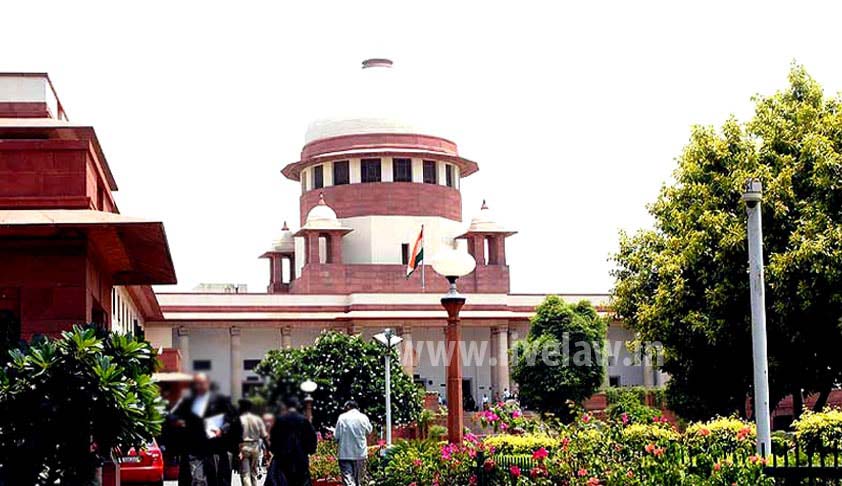What are the steps taken to protect whistleblowers? SC asks Centre
LIVELAW NEWS NETWORK
6 Jan 2016 5:50 PM IST

Next Story
6 Jan 2016 5:50 PM IST
In a significant direction, the Supreme Court today sought a response from the Centre on the steps it intended to take for the protection of whistleblowers till a law is passed by the parliament.The Centre has been asked to file its response within a week.A bench of Chief Justice T S Thakur and Justice A K Sikri and Justice R Banumathi were hearing a public interest litigation filed by...
